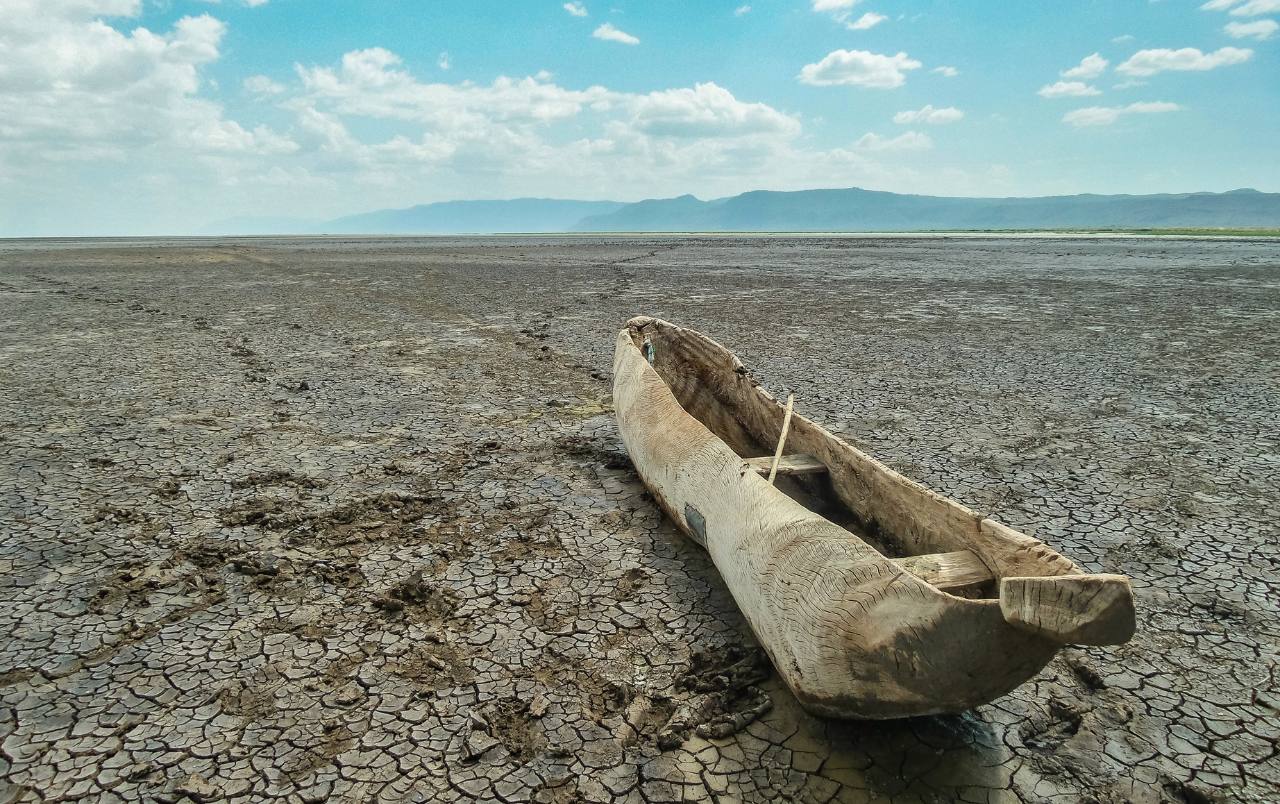Due to gender bias and the patriarchal nature of many African economies, care work, especially unpaid, is considered a woman’s…
There has been improvement in gender equality over the past decade in Africa. Yet, climate change, drought and famine threaten to derail the achievement of Sustainable Development Goal 2 for zero hunger and 5 for gender equality (SDG) by 2030.
Climate change affects people’s livelihoods and well-being and women and men experience the effects differently, as the impact is adverse mainly on women. In regions with high levels of food insecurity, such as arid and semi-arid lands, women will be disproportionately affected by climate-related food insecurity. Their social vulnerability stems from strictly defined gender roles and limited access to resources.
In Sub-Saharan Africa, agriculture is the most critical employment sector for women. During drought, women, as agricultural workers and primary procurers, work harder to secure income and resources, such as water, fuel and food, for their families. It puts additional pressure on girls, who often have to drop out of school to help their mothers with the increased burden. For instance, in 2017, a report by the United Nations Office for the Coordination of Humanitarian Affairs (OCHA) showed in Kenya, more than 180,000 children dropped out of school due to drought. The majority were girls.
Women & Girls bear the greatest Brunt
Food scarcity and increasing prices can compel young girls and women to sell or exchange sex for food, sanitary pads, and other basic household needs. Prolonged food crises are likely to lead to gender discrimination in food access and malnutrition. It is hazardous for pregnant women and young mothers in vulnerable communities. Malnutrition rates have increased among pregnant and nursing women. In Kenya, 135,000 pregnant women and breastfeeding mothers in the Arid and Semi-Arid Land Areas (ASALs) regions are acutely malnourished due to drought.
Climate change can be termed a “threat multiplier”. It fuels conflict as people start fighting over scarce natural resources such as water, food and fuel. It exposes women and girls to all vulnerabilities, including gender-based violence, rape and wild animal attack, child marriage and even human trafficking. Gender inequality does not only occur in times of crisis like famine. It exacerbates existing gender inequalities and locks them into a cycle of poverty with wider consequences for society and the economy.
The current drought situation in the Horn of Africa and East Africa, including in Kenya, is disproportionately impacting women and girls. Power imbalances, gender inequalities and discrimination mean that they are often hardest hit in a crisis. It also takes them longer to recover. Women and girls experience a different vulnerability than men. In times of emergency, women’s access to or control over crucial resources deteriorates. It can result in being excluded from essential services and rights.
What can be done?
Women play a crucial role in agriculture. More than 60% of them comprise the Global South’s agricultural workforce. They produce nearly 70% of the region’s food crops by volume. Despite their enormous role in agricultural production, women own less than 20% of the world’s land. Such ownership is key to helping women cope with the effects of climate change, and to allow them to support their families. It is pivotal to establish and enforce women’s legal rights to assets and resources, including control over land. In Kenya, for example, Article 40 of the 2010 constitution stipulates that laws, customs and practices discriminating against women on land ownership must be abolished. Yet, the number of women who own land in Kenya remains low, despite constitutional reforms granting them equal property rights. According to 2020 National Land Commission (NLC) data, less than 2% of women own land in Kenya. It poses a significant threat to food security in the country.
At the regional level, the African Union, in its 2009 Land Declaration, recommends that its member states allocate at least 30% of land to women. This is good, but more is needed.
Article 7 of the Maputo Protocol, the African Human Rights Charter, goes further. It grants both women and men the right to an equal share of joint property acquired during the marriage in case of separation, divorce or annulment.
Gender-sensitive climate finance instruments and resource allocations are essential. Without financial resources, women cannot adapt to or build resilience to climate change. Therefore, there is a need for broader financial inclusion and women’s economic empowerment. Access to credit facilities and loans can open up economic opportunities for women as this will transform their lives and promote gender equality. When women are economically empowered, they have control over their lives and can exert influence in society. On equal footing, they can fight for their rights, including property and other productive assets. Women’s economic empowerment is a prerequisite for sustainable development, pro-poor growth and achieving various Sustainable Development Goals.
Text editor: Gabriela Keseberg Dávalos


